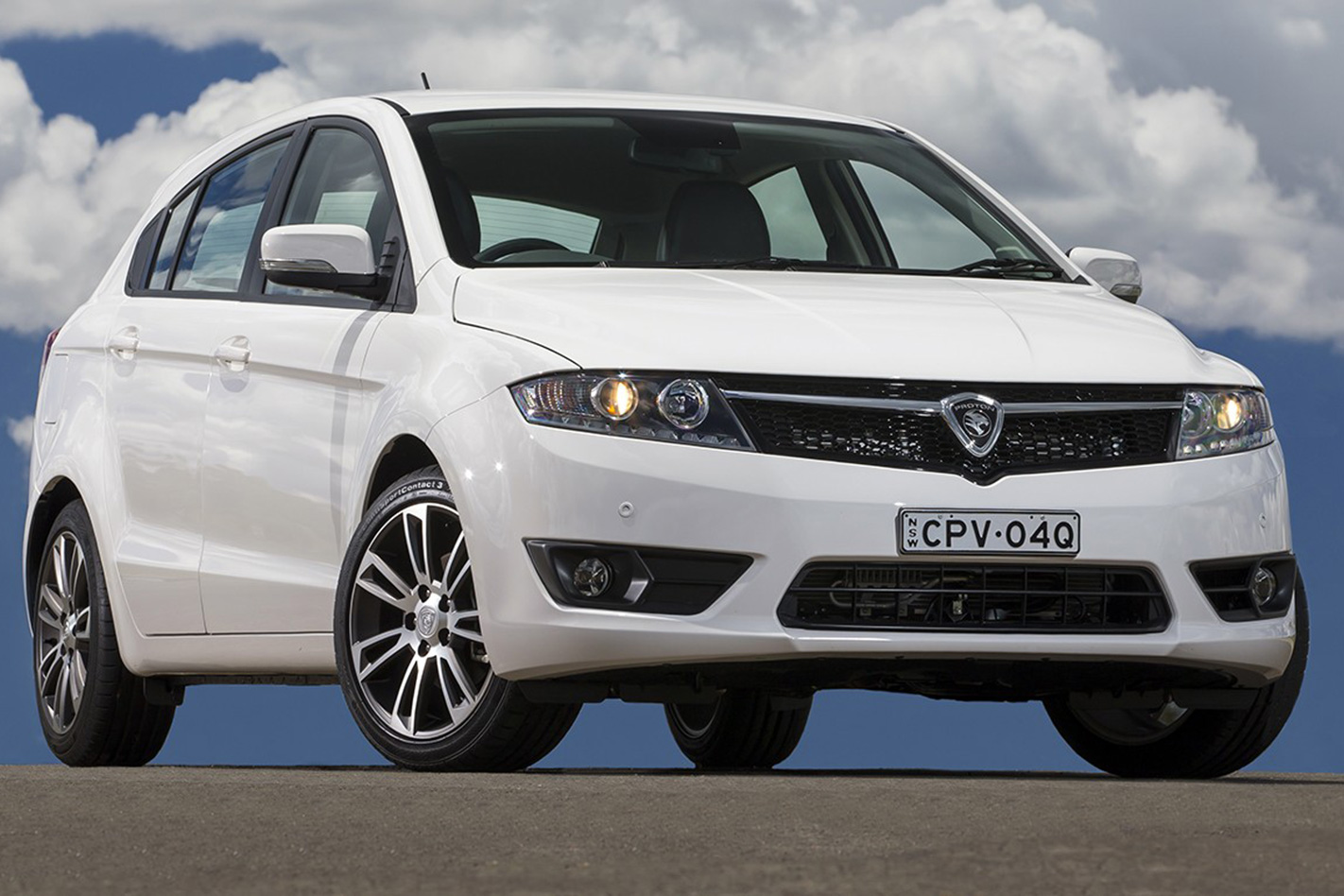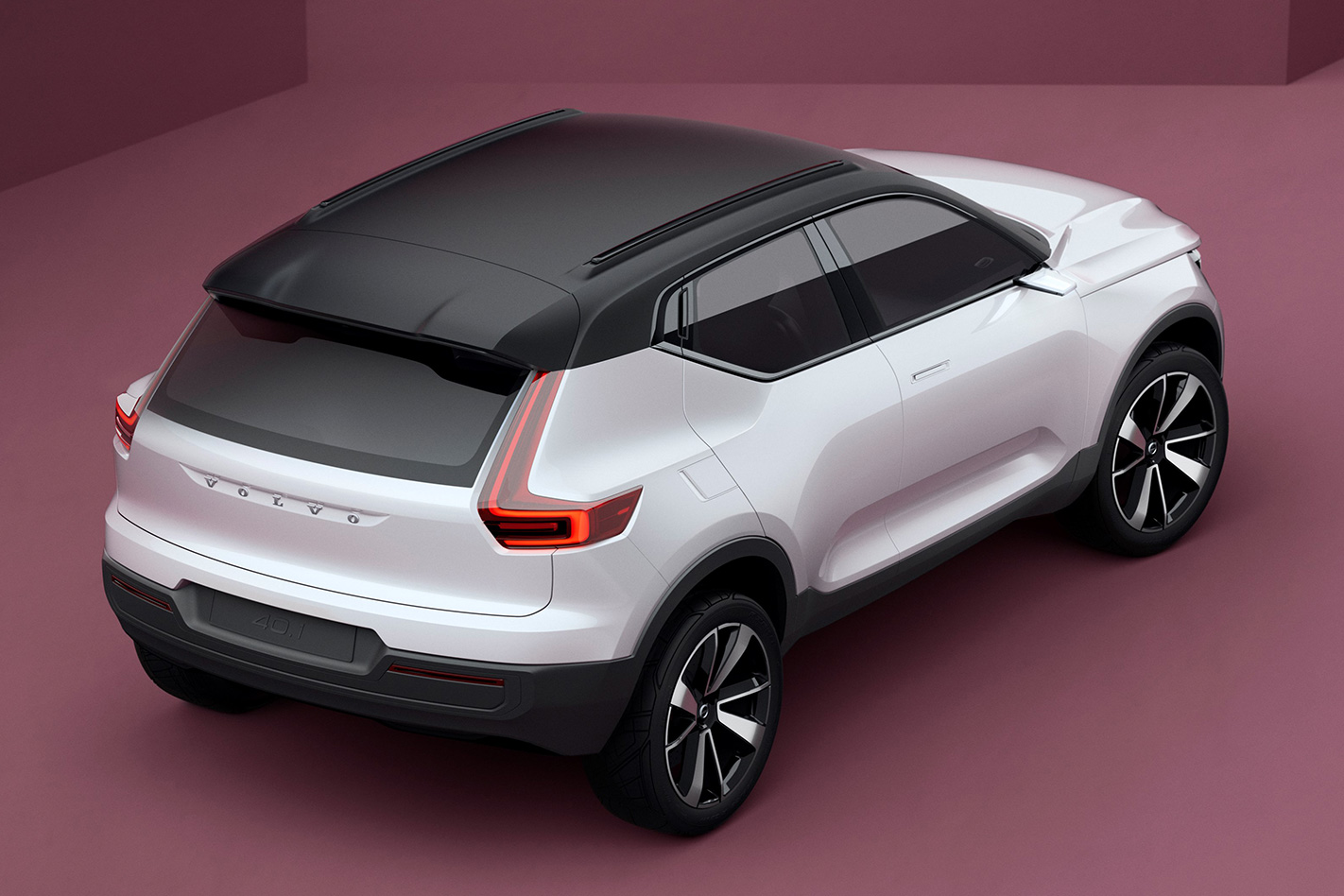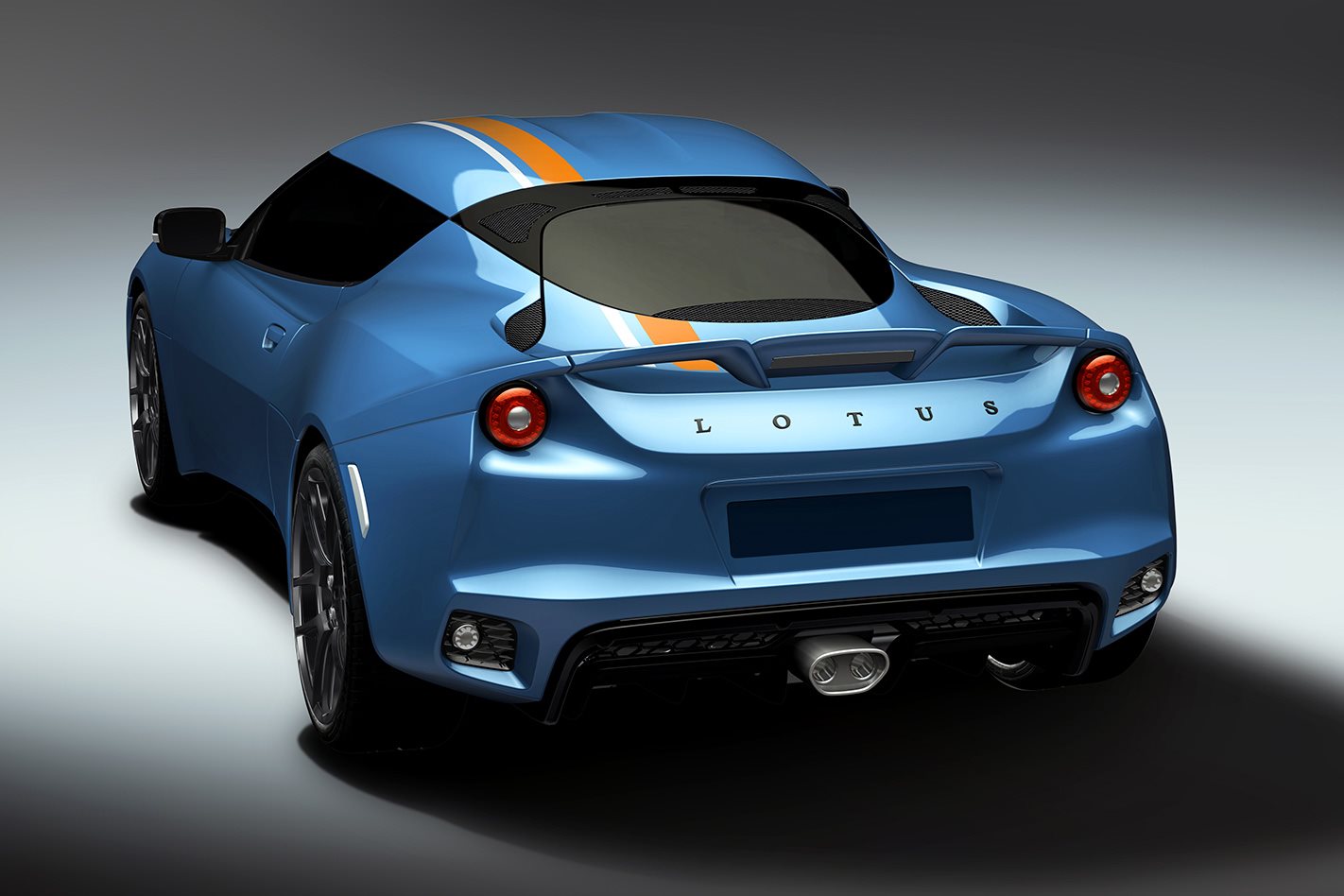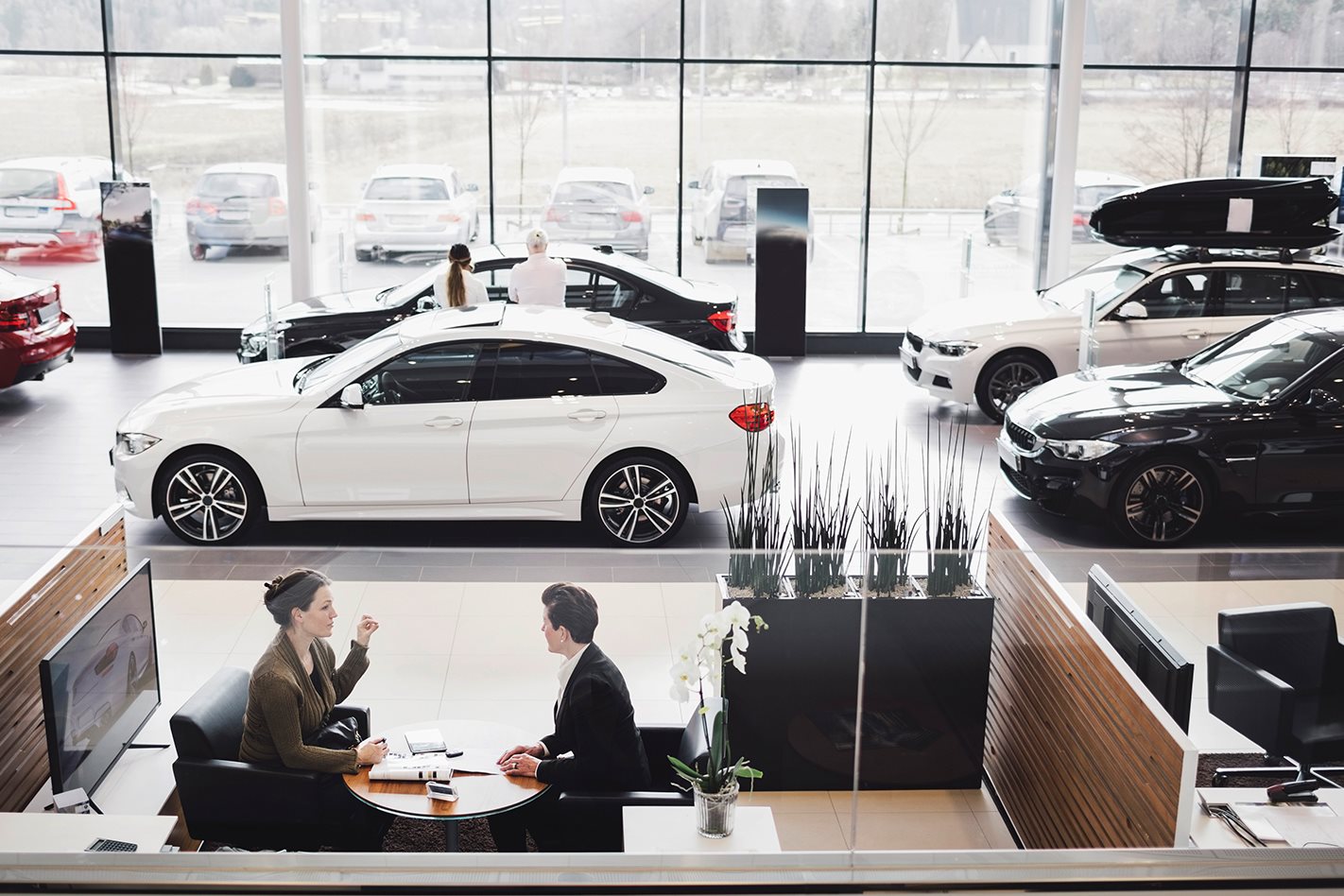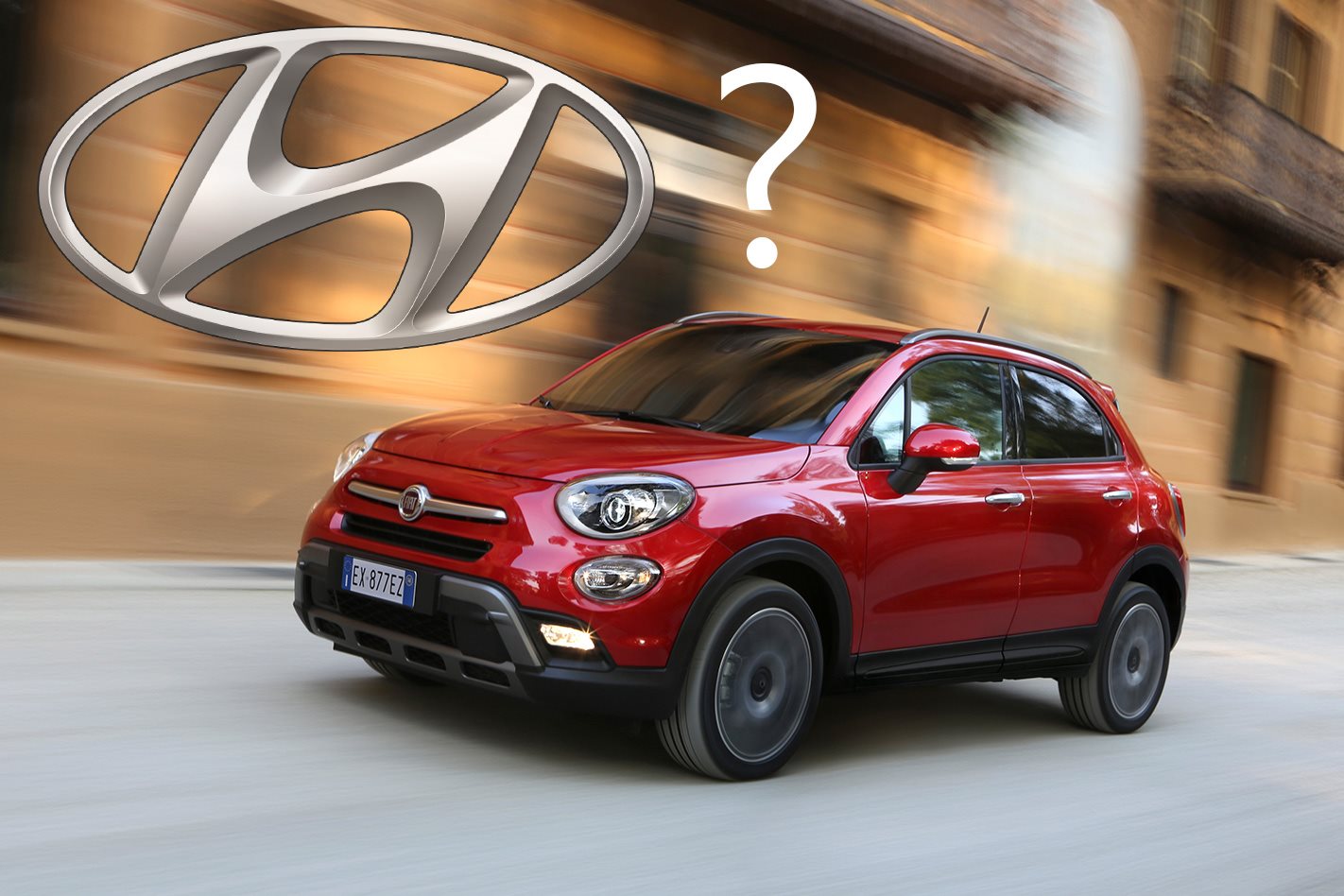LOTUS, the exotic British sports car brand, has new owners. And guess what? They’re not British.
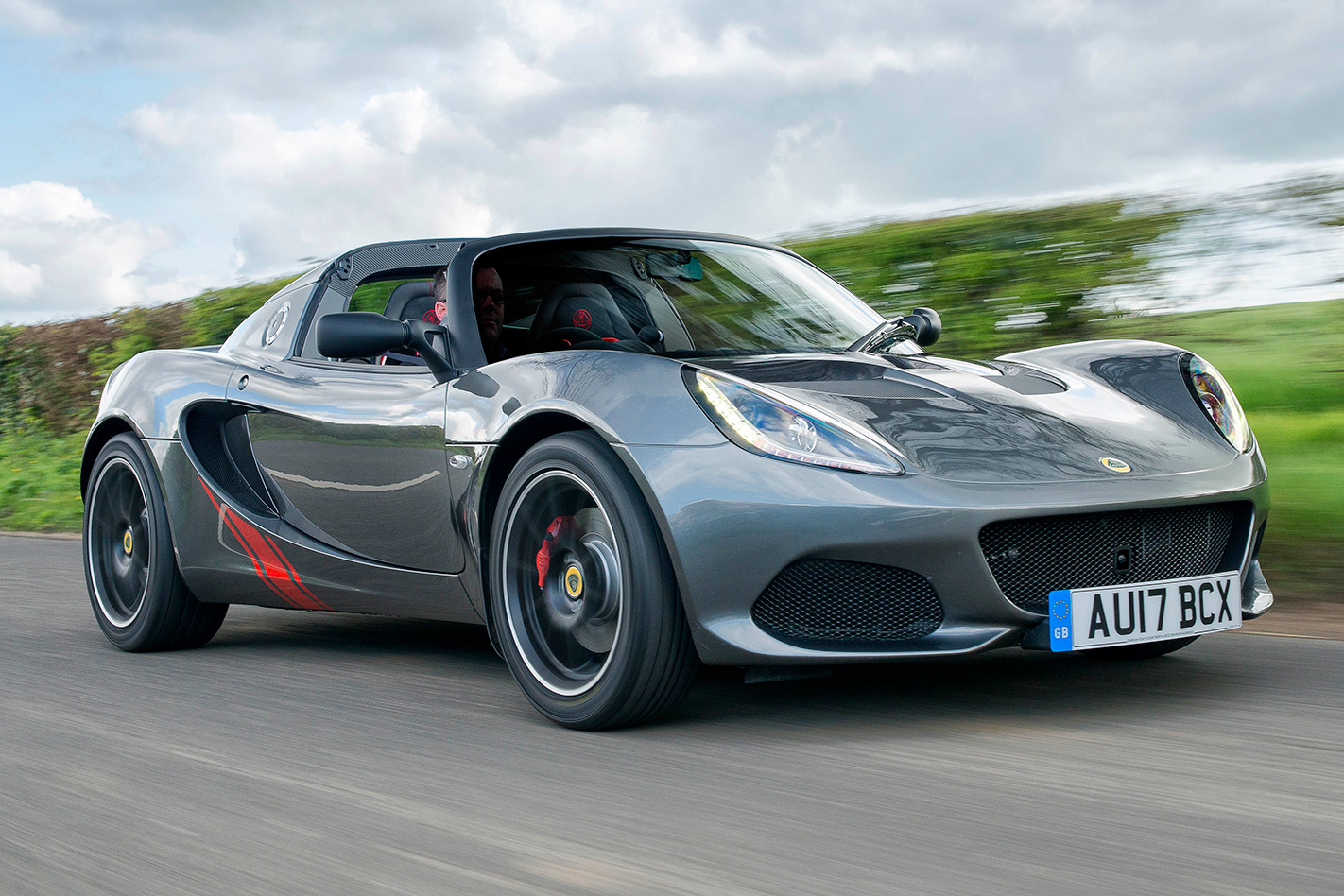
Both parties expect to sign the definitive agreement in July.The fresh cash injection means the troubled 30-year-old Proton brand gains a stay of execution, and can even potentially one day spin off a more premium sub-brand similar to the Geely-owned Lync and Co that will use Volvo’s latest compact modular architecture underpinnings to build luxury SUVs.The deal also gives Geely access to all the background work on attempts to hybridise the Lotus platform, an idea foreshadowed by five stillborn concept cars including a reborn Evora that were revealed in 2010 and something of an area of expertise for Volvo.The cash-heavy Geely – last year it attracted $US400 million to help it build electric taxis in the first-ever foreign fundraiser by a Chinese car maker – will also gain instant access to key south-east Asian markets, as well as tapping into the Proton/Lotus research and development centres, and manufacturing facilities.
